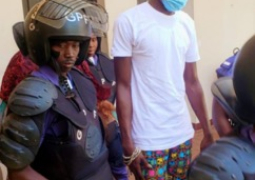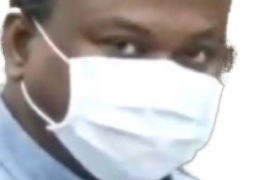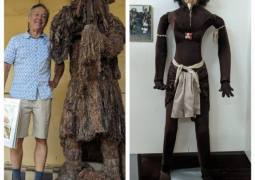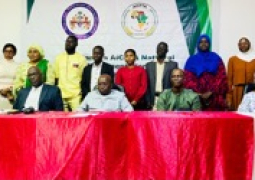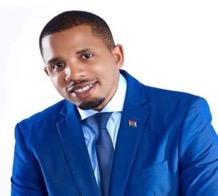
Dr Ceesay, who was speaking recently on the spate of coups in Africa being orchestrated by soldiers, said: “After assuming power, the military soon came to realize that toppling the ‘Ancien Regime’ proved much easier than establishing an effective replacement government.
“Despite their initial populist rhetoric, many of these coup leaders woefully fail to deliver or bring any meaningful transformation because they are not equipped to govern as we have seen in Liberia, Sierra Leone, The Gambia, and Central African Republic among others.”
Proffering an antidote to coups in Africa, he said: “First of all, African countries must strengthen democracy through the development of strong democratic institutions, including free and fair elections, an independent judiciary, and a free press, and encourage transparent and accountable governance.”
Ceesay added: “Economic development must be promoted by addressing economic disparities and root causes of poverty, inclusive economic growth pomoted, provision of basic services ensured, and job opportunities created for the population, especially young people.
“They must strengthen the rule of law, promote human rights and ensure that security forces operate within legal boundaries. We also need to foster regional cooperation and diplomacy and deepen engagement with the international community to provide diplomatic support when needed. We should promote civic education and awareness of democratic principles amongst the population.”
Continuing he said: “Whether coups are contagious or not, the reality is that they prove to be of particular significance in the evolution of post-colonial African politics. And as Alex Thompson argues, ‘coercive agencies such as the police and the military may be a necessity of government’, but it is essential that they only act as the custodians of state violence and remain subservient to political leaders.
“This has not been the case in Africa. Many a time, soldiers have used their access to violence in order to instigate military coups d’état. Consequently, those who are employed and entrusted to manage violence on behalf of the state would chose to turn this violence on the state itself, to capture political power for themselves with disastrous consequences.
“As already underscored above, each coup is different. It is, therefore, important that we recognize the unique vulnerabilities of each coup context. Categorizing coups in Africa as a uniform, inevitable trajectory could be misleading and unhelpful for informed analysis and response, argues Archibald Henry and Elizabeth Murray of the United States Institute of Peace. A custom-made approach should be adopted in preventing, addressing and responding to coups - whether in Africa or beyond.”
Preventing coups in Africa, he went on, as in any region, requires a comprehensive, context-specific approach and a commitment to democratic values and principles. “It also involves addressing complex political, social, and economic factors,” he added, saying:
“The above preventive measures, though by no means exhaustive, should be complemented by regional and international willingness to enforce anti-coup norms.
“Sanctions and other measures must be employed in response to coup attempts and real costs on coup makers must be imposed, including the possible deployment of military force to enforce a return to constitutional order.”
Concluding he said: “Finally, recent insurrections in Guinea (Mamady Doumbouya), Niger (Abdourahmane Tchiani) and Gabon (Brice Oligui Nguema) illustrate that in practice, presidential guards drawn from the ranks of the military frequently play a central role in the various coups and countercoups launched in Africa. Better equipped and trained and normally under the direct control of the head of state, they were meant to act as a deterrent to the rest of the armed forces, with heads of these security outfits, who were assigned the role of protecting the president and his family, now turning the guns on the very people and institutions they were supposed to protect, perhaps it is time to rethink presidential security in Africa.”


